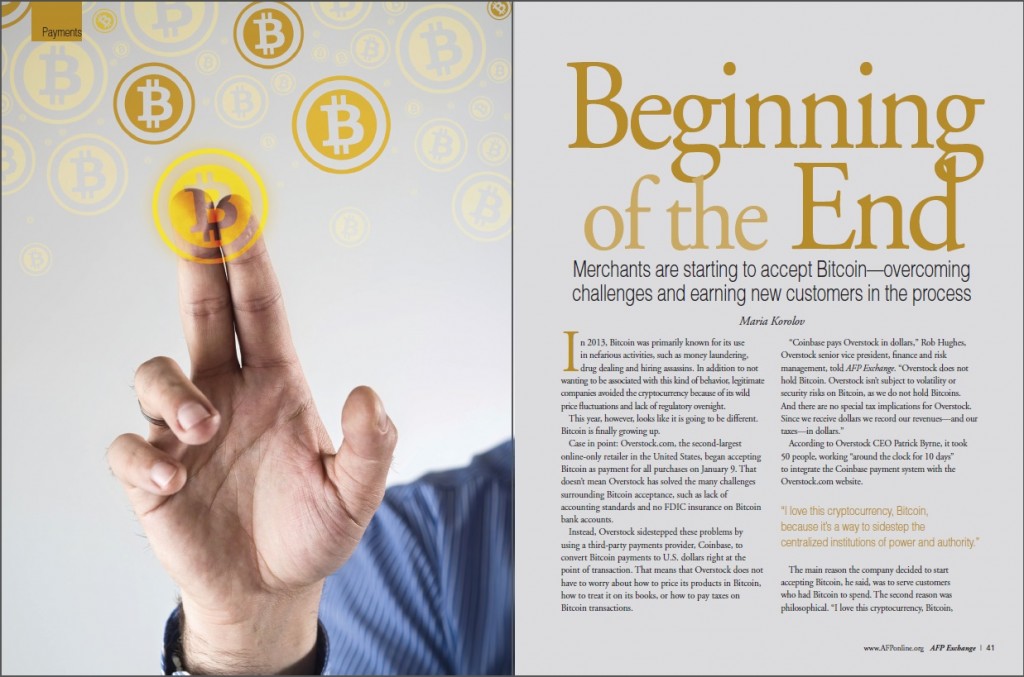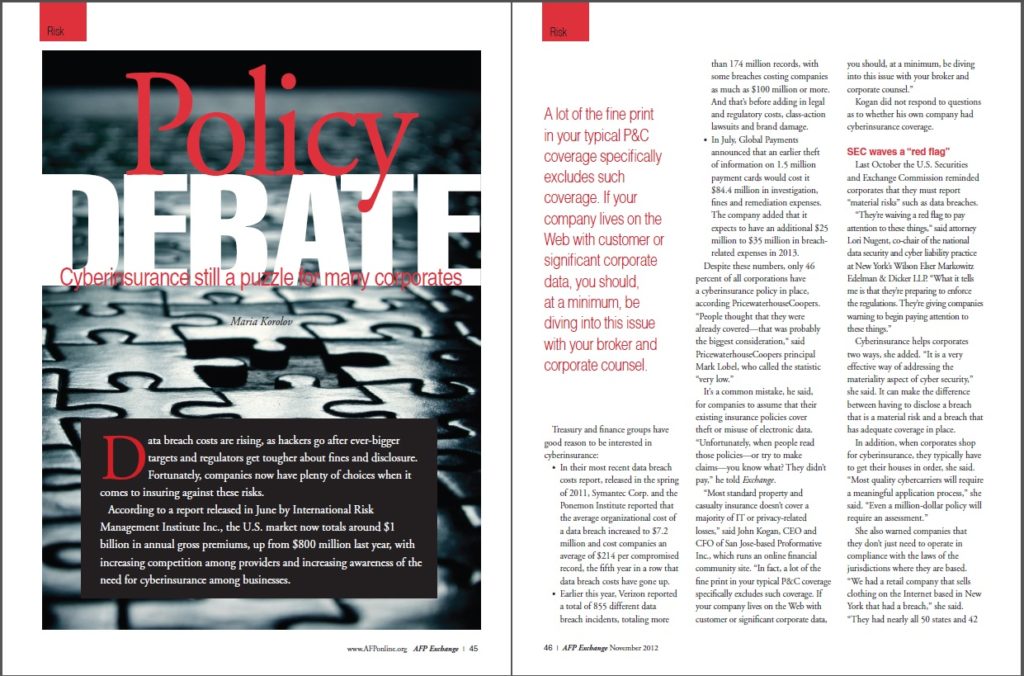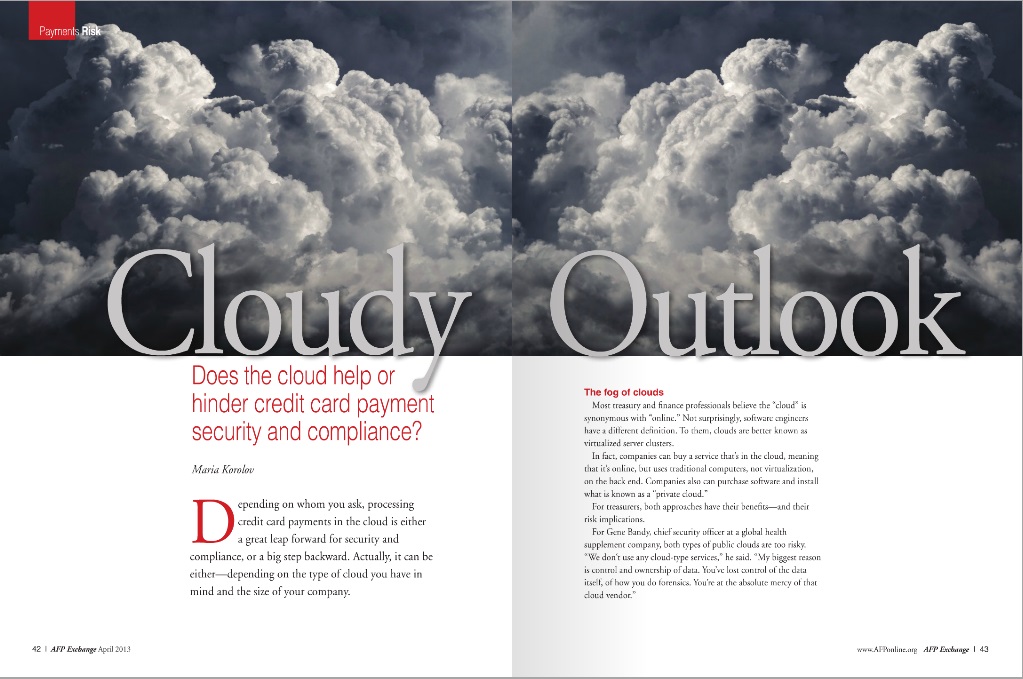Merchants are starting to accept Bitcoin–overcoming challenges and earning new customers in the process
In 2013, Bitcoin was primarily known for its use in nefarious activities, such as money laundering, drug dealing and hiring assassins. In addition to not wanting to be associated with this kind of behavior, legitimate companies avoided the cryptocurrency because of the regulatory issues regarding cryptocurrency, its wild price fluctuations and lack of regulatory oversight.
This year, however, looks like it is going to be different. Bitcoin is finally growing up.
Case in point: Overstock.com, the second-largest online-only retailer in the United States, began accepting Bitcoin as payment for all purchases on January 9. That doesn’t mean Overstock has solved the many challenges surrounding Bitcoin acceptance, such as lack of accounting standards and no FDIC insurance on Bitcoin bank accounts.
Instead, Overstock sidestepped these problems by using a third-party payments provider, Coinbase, to convert Bitcoin payments to U.S. dollars right at the point of transaction. That means that Overstock does not have to worry about how to price its products in Bitcoin, how to treat it on its books, or how to pay taxes on Bitcoin transactions.
“Coinbase pays Overstock in dollars,” Rob Hughes, Overstock senior vice president, finance and risk management, told AFP Exchange. “Overstock does not hold Bitcoin. Overstock isn’t subject to volatility or security risks on Bitcoin, as we do not hold Bitcoins. And there are no special tax implications for Overstock. Since we receive dollars we record our revenues–and our taxes–in dollars.”
According to Overstock CEO Patrick Byrne, it took 50 people, working “around the clock for 10 days” to integrate the Coinbase payment system with the Overstock.com website.
Read full article at AFP Exchange. (Paid subscription required.)



